Aziz Sancar
Aziz Sancar
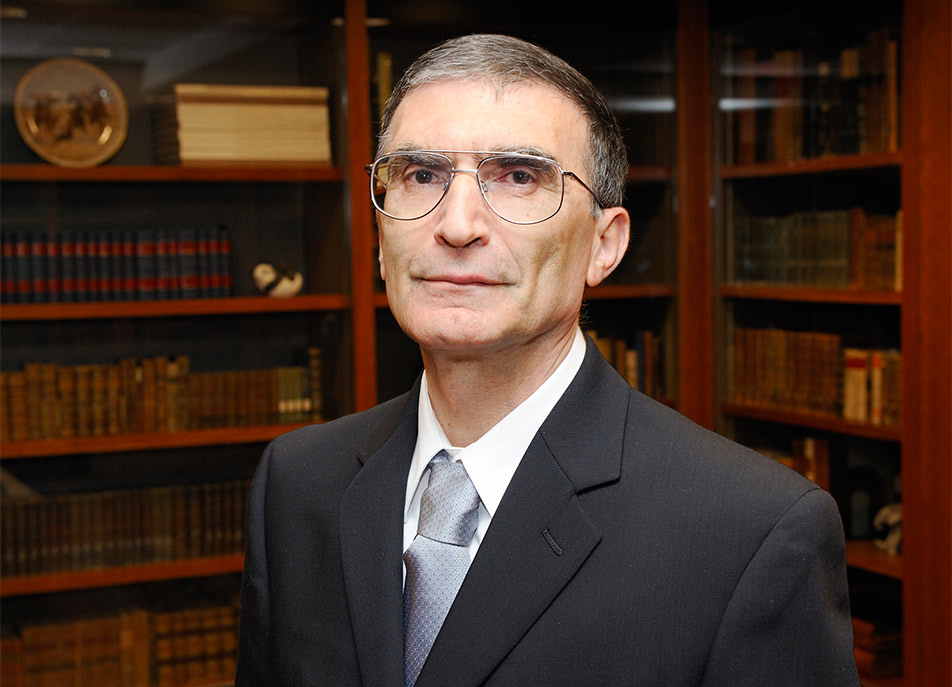
Aziz Sancar, born on September 8, 1946, is a renowned Turkish molecular biologist renowned for his groundbreaking work in DNA repair, cell cycle checkpoints, and circadian clock mechanisms. Alongside Tomas Lindahl and Paul L. Modrich, Sancar was honored with the Nobel Prize in Chemistry in 2015 for their pioneering research into the mechanisms underlying DNA repair processes. His significant contributions to the understanding of photolyase and nucleotide excision repair in bacteria have had a transformative impact on the field of molecular biology.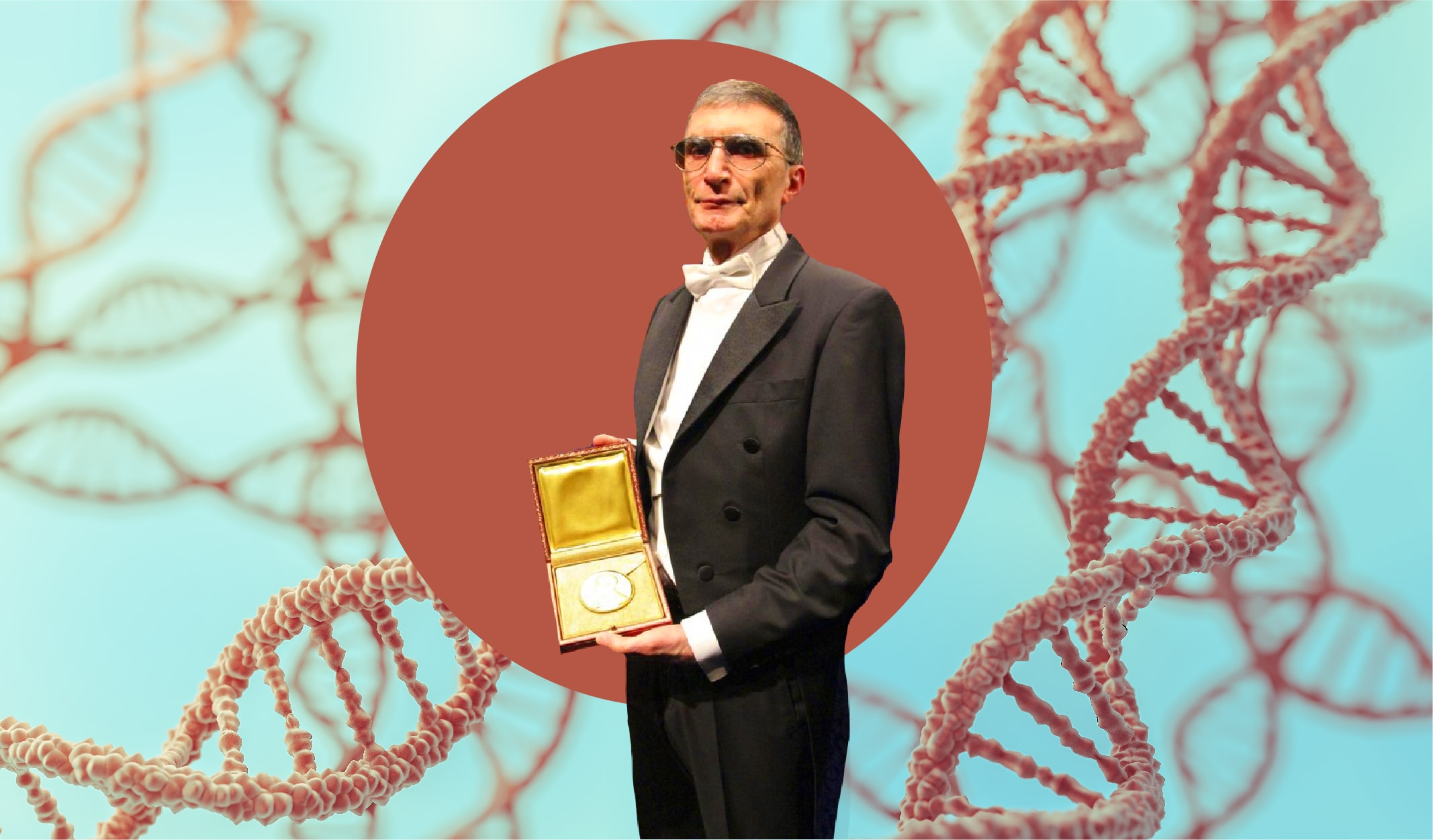
Currently, Sancar holds the prestigious position of Sarah Graham Kenan Professor of Biochemistry and Biophysics at the University of North Carolina School of Medicine. He is also an esteemed member of the UNC Lineberger Comprehensive Cancer Center, where his research continues to advance our knowledge of DNA repair mechanisms and their implications for cancer biology.
Outside of his academic pursuits, Sancar is deeply committed to promoting Turkish culture and supporting Turkish students in the United States. To further these endeavors, he co-founded the Aziz & Gwen Sancar Foundation, a non-profit organization dedicated to fostering cultural exchange and providing educational opportunities for Turkish students pursuing higher education in the United States. Through his research, teaching, and philanthropic efforts, Sancar has made enduring contributions to both the scientific community and the broader society.
Aziz Sancar was born into a lower-middle-class Arab family on September 8, 1946, in the Savur district of Mardin Province, located in southeastern Turkey. He grew up as the seventh of eight children in his family, with his oldest brother Kenan Sancar later becoming a retired brigadier general in the Turkish Armed Forces. Notably, Sancar is also the second cousin of Mithat Sancar, a prominent politician who serves as a member of parliament and chairman of the HDP party.
Despite his family's modest background and his parents' lack of formal education, they placed a strong emphasis on the importance of education for their children. Sancar's early academic success was recognized and encouraged by his teachers, many of whom were educated in the Village Institutes, providing him with valuable inspiration.
During his high school years, Sancar initially aspired to study chemistry, but he ultimately chose to pursue medicine after being influenced by the decisions of five classmates who also opted for medical studies. He enrolled in the Faculty of Medicine at Istanbul University, where he embarked on his journey toward becoming a renowned molecular biologist. His formative years in education and the influence of dedicated teachers played a crucial role in shaping his future path and academic pursuits.
Aziz Sancar's upbringing was influenced by the multicultural environment of southeastern Turkey. He has stated that he conversed in Arabic with his parents and Turkish with his siblings, reflecting the linguistic diversity within his family. While Sancar emphasizes his Turkish nationality when discussing his background, his cousin Mithat Sancar has acknowledged their family's Arab origins.
There are varying accounts regarding the family's ancestry. Aziz Sancar's brother Tahir has claimed that their lineage traces back to the Oghuz Turks from Central Asia, suggesting a Turkic heritage. Additionally, he mentioned their family's adherence to idealistic principles. However, the specific details about their ancestry remain subject to interpretation and differing perspectives.
Aziz Sancar's academic journey began with his primary education near his hometown of Savur. He continued his studies at Istanbul University in Turkey, where he earned his MD degree in 1969, graduating as the top student in his class. Following this accomplishment, he pursued further education and research, culminating in a PhD degree.
Sancar completed his doctoral studies at The University of Texas at Dallas, where he focused on the photoreactivating enzyme of E. coli. Under the guidance of Claud Stan Rupert, who is now a Professor Emeritus, Sancar conducted his research and earned his PhD degree in 1977. This period marked a significant phase in his scientific career, laying the foundation for his groundbreaking work in molecular biology and DNA repair mechanisms.
Aziz Sancar's academic and scientific career has been marked by numerous achievements and contributions to the field of molecular biology and DNA repair mechanisms. After completing his education at Istanbul University and pursuing further studies at Johns Hopkins University and the University of Texas at Dallas, Sancar embarked on a journey of groundbreaking research.
His early work focused on the discovery of DNA repair mechanisms, particularly the photoreactivating enzyme of E. coli. During his doctoral studies, Sancar replicated the gene for photolyase, an enzyme crucial for repairing thymine dimers resulting from ultraviolet damage. This work laid the groundwork for his subsequent research on nucleotide excision repair, conducted during his tenure at Yale University.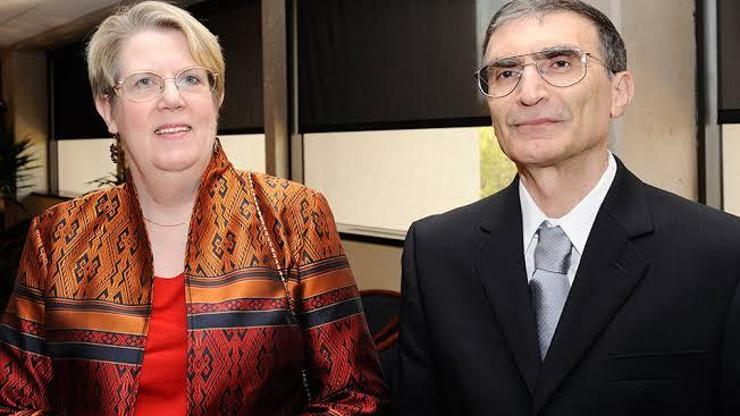
At Yale, Sancar elucidated the molecular details of nucleotide excision repair, identifying key enzymes and genes involved in this process. His discoveries significantly advanced the understanding of DNA repair mechanisms, paving the way for further research in the field.
Upon joining the University of North Carolina at Chapel Hill, Sancar continued his pioneering research on DNA repair mechanisms. He made significant contributions to the study of nucleotide excision repair in bacteria and its more complex version in humans. Additionally, his research on photolyase and photo-reactivation provided valuable insights into the repair of thymine dimers caused by ultraviolet radiation.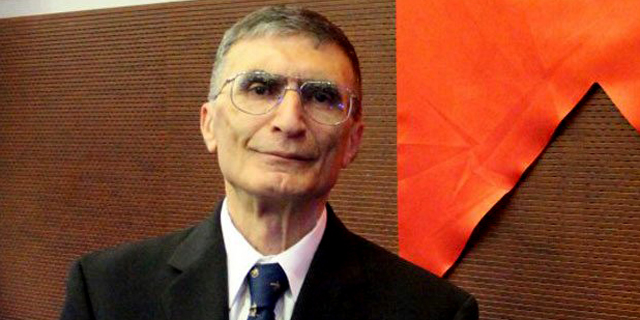
Sancar's remarkable contributions to the field have earned him numerous accolades and honors, including membership in prestigious scientific organizations such as the National Academy of Sciences, the Turkish Academy of Sciences, and the American Academy of Arts and Sciences. He has also been recognized for his commitment to promoting Turkish culture and supporting Turkish students through initiatives such as the Aziz & Gwen Sancar Foundation and Carolina Türk Evi.
Throughout his career, Sancar has demonstrated a steadfast dedication to scientific inquiry and innovation, furthering our understanding of DNA repair mechanisms and their implications for human health and disease. His work continues to inspire and influence researchers in the field of molecular biology worldwide.
Aziz Sancar's personal life reflects a diverse array of influences, including his marriage to Gwen Boles Sancar, a fellow molecular biologist whom he met during his doctoral studies. Their partnership has been enduring, with their marriage beginning in 1978.
Sancar's religious identity as a practicing Muslim is an integral aspect of his life. He has openly expressed pride in his Muslim heritage, although he has acknowledged challenges in doing so in certain regions of the United States. In the face of questions about his ethnicity following the Nobel Prize announcement, Sancar firmly asserted his Turkish identity, emphasizing his roots and rejecting attempts to categorize him otherwise.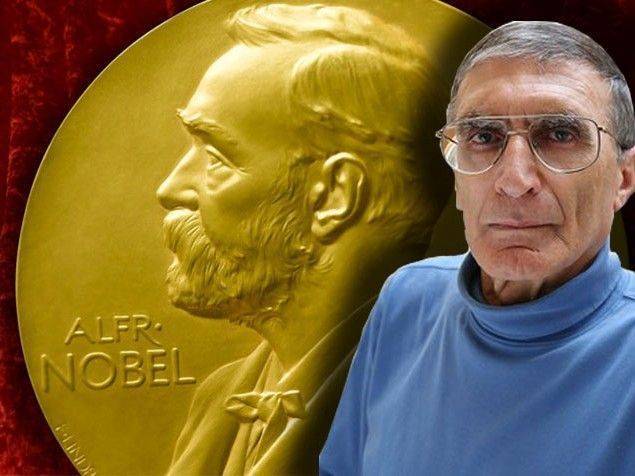
His family's background, as described by his brother Tahir, traces back to Oghuz Turks who migrated from Central Asia, further affirming Sancar's connection to Turkish heritage. He has been described as an idealist in his youth, with a commitment to certain ideals and principles, although he did not actively participate in related activities.
Sancar's stance on moderate Pan-Turkism underscores his broader perspective on cultural and national identity. His involvement with the Turkic Council and his presentation on the National Awakening of the Turkic World reflect his engagement with issues of knowledge and identity within the context of the Turkic community.
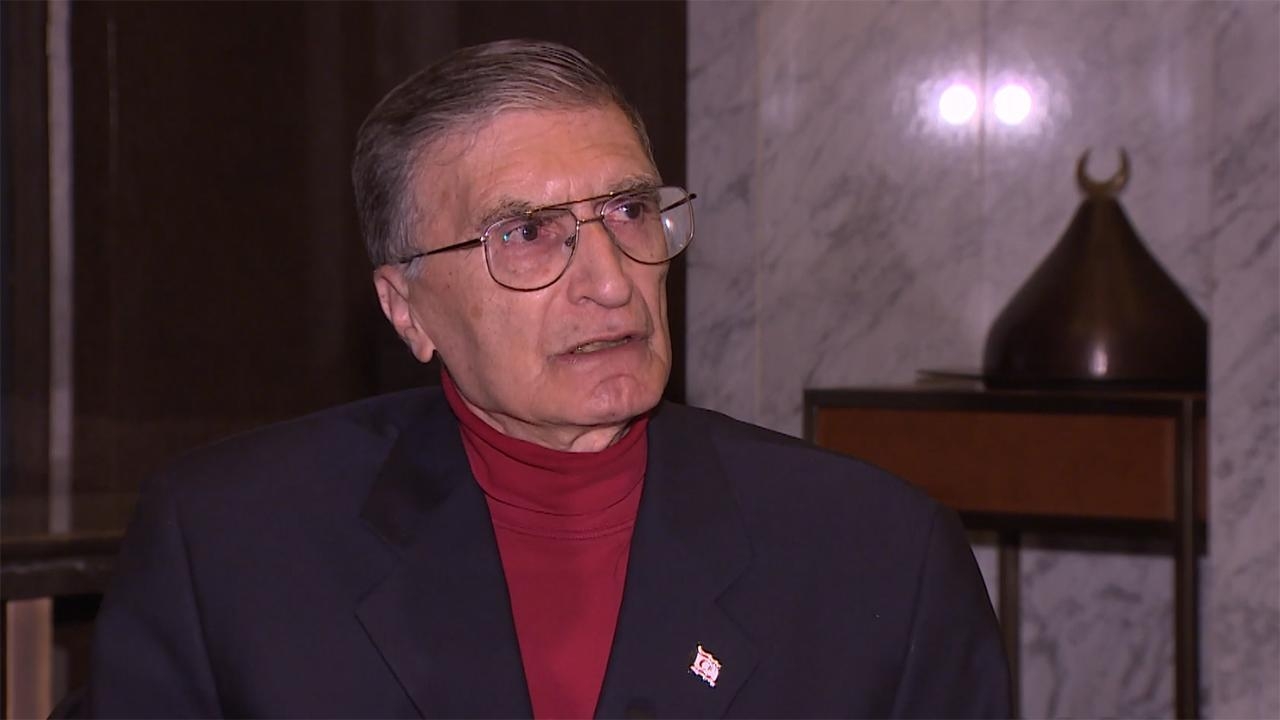
References
- "Geçmiş Yıllarda Bilim Ödülü Alanlar" . Scientific and Technological Research Council of Turkey. Retrieved 9 October 2015.
- ^ "Ödül Alanlar". Vehbi Koç Award. Archived from the original on 3 March 2016. Retrieved 9 October 2015.
- a b c "The Aziz & Gwen Sancar Foundation – Carolina Türk Evi – Turkish House, NC". carolinaturkevi.org. Archived from the original on 2015-10-09. Retrieved 7 October 2015.
- ^ "A Nobel Partnership". magazine.utdallas.edu. Retrieved 2021-09-12.
- ^ "Aziz Sancar | Biography, Facts, & Nobel Prize".
- ^ "Aziz Sancar". UNC School of Medicine. Archived from the original on May 4, 2015. Retrieved December 5, 2015.
- a b Broad, William J. "Nobel Prize in Chemistry Awarded to Tomas Lindahl, Paul Modrich and Aziz Sancar for DNA Studies". The New York Times. Retrieved 7 October 2015.
- a b Staff . "THE NOBEL PRIZE IN CHEMISTRY 2015 – DNA repair – providing chemical stability for life" . Nobel Prize. Retrieved 7 October 2015.
- ^ "UNC-Chapel Hill Scientist Aziz Sancar Wins Nobel Prize for Chemistry" . UNC Lineberger Comprehensive Cancer Center. 7 October 2015. Retrieved 11 January 2016.
- ^ "Aziz Sancar'ı, emekli general ağabeyi anlattı". Hurriyet.com.tr. 8 October 2015. Retrieved 3 December 2017.
- ^ "Turkish-American scientist among winners of 2015 Nobel Prize in Chemistry". Today's Zaman. Archived from the original on October 11, 2015. Retrieved 12 October 2015.









































